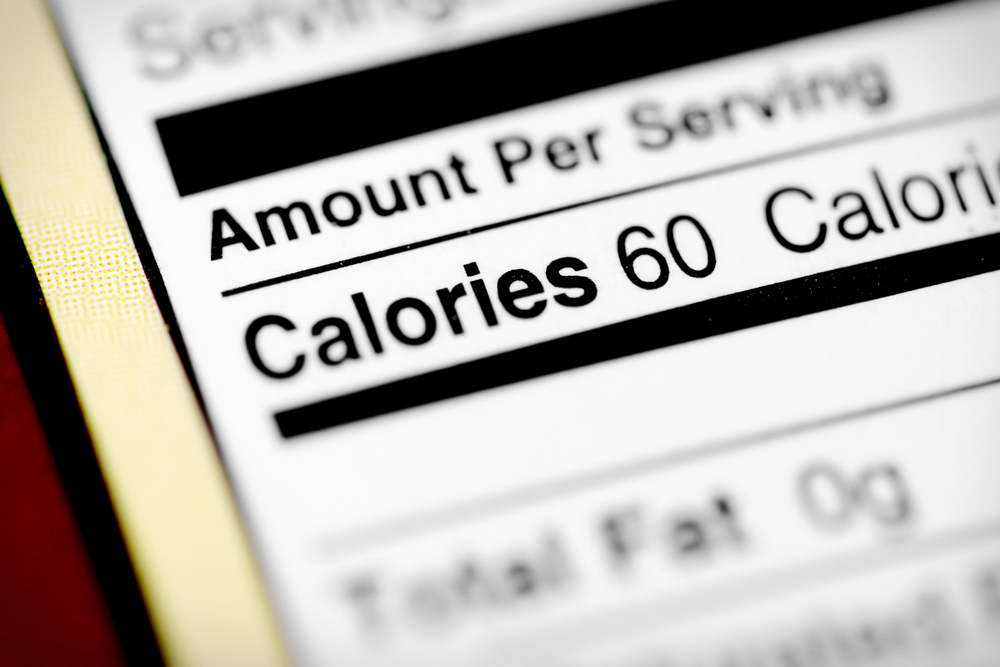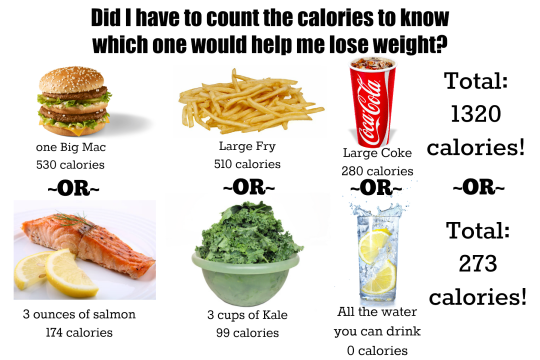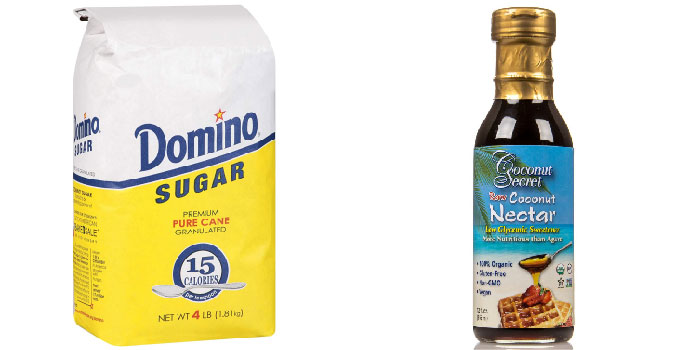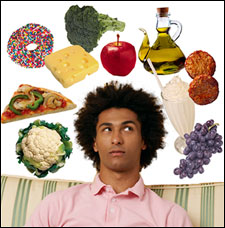What is a calorie?

Yesterday I stopped by my old college and saw a big sign placed on a soda machine in the dorms that troubled me. It read:
"Check the Calories before you Make a Selection."
So does this mean I might find a bottle that has fewer calories than the others, and therefore would be better for my health (there was no water in this machine). Or maybe I would realize all the soda in this particular machine had too many calories for me on that day, and so I'm better off skipping it and looking for something else with fewer calories. Maybe tomorrow I can return and have a soda since my total calories for the day won't surpass my limit. It's like we live in some sort of calorie-driven world where MORE automatically means its bad.
But what the HELL are calories anyway?!
"A measurement of energy. 1 Calorie equals the ability to raise the temperature of 1 gram of water by 1 °C."
But wouldn't it be a good thing to get energy from food? All of us could use more energy, right? Since when is MORE energy a bad thing? Why would "too much energy" (i.e. too many calories) get stored as fat when everyone seems to be so tired throughout the day? Is this "energy" even being used?!
If you replaced hybrid wheat (i.e. bread, pasta) with non hybrid einkorn (i.e. bread, pasta) you will feel a HUGE difference in energy! Trust me, I know first-hand. It's like night and day the difference. But you won't find a huge difference in calories. So there's a quality other than calories that actually matters for LONG-term success.
But I don't want to be misleading. If you're looking for only short-term success to lose weight (and don't mind gaining it back later), then of course... you can count calories.
Mark Haub, the professor of human nutrition at Kansas State University, tried something very unique. He put himself on a “convenience store diet” made up of things like Twinkies, Doritos, Oreos and sugary cereals. The twist: He limited his caloric intake to 1,800 calories a day (the average man eats 2,640 calories per day). In two months, Haub had lost 27 pounds and lowered his bad cholesterol by 20%.
Imagine if scientists one day are able to invent a burger that only has 1 calorie! Would that mean it's better to eat that than a bowl of fruit that has 100 calories?
To tell the truth, if you ever wake up and ask yourself "Ok, so how many calories am I allowed today?" then you have already lost. (Yes I realize a LOT of people are going to come after me for saying that) But the fact remains that the calorie counting game ends up with 95.4% of people being able to lose weight initially... and then gaining it right back to varying degrees. (according to researcher Jonathan Bailor) Something else has to be going on besides just focusing solely on the quantity of food you eat. 2,000 calories of "healthy granola bars" is never going to equal 2,000 calories of non-hybrid fruits and vegetables when it comes to feeding your body nutrition that's going to stop cravings. Notice how we're not relying on sheer willpower anymore. This is the real danger of calorie counting... binge eating usually takes place causing us to feel much more guilty about ourselves then we need to when our willpower runs out, and it will eventually if that's all you're relying on.
I've also never met a person who ate REAL food that also counted calories. It just doesn't happen. Counting calories is something you do when you're eating "processed" food... food that has a label on it to show you its calories in the first place. Calories would be better if we only associated them with processed food (as a measurement of our allowance of something we already know isn't the best for us) and not at all with real un-processed natural food.

So now, what do you think would have been a better sign to place on a soda machine located in an "Institute for Higher Learning?" Please leave your comment below.
P.S. Did you know calories that are reported on food labels can legally have a 20% margin of error?





